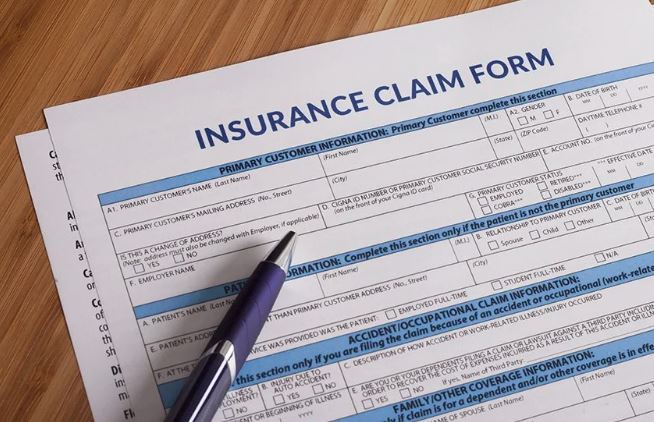Filing an insurance claim can be a daunting process, especially when you’re already dealing with the stress of an accident, damage, or unexpected event. However, understanding the steps involved and knowing how to navigate the claims process can help ensure that you receive the compensation you deserve promptly. Here’s a comprehensive guide on how to file an insurance claim effectively.
How to File an Insurance Claim Effectively
- Know Your Policy
Before filing a claim, familiarize yourself with your insurance policy. Understand what is covered, the limits of your coverage, and any deductibles that may apply. This knowledge will help set realistic expectations and ensure that you file for benefits you are entitled to.
- Document the Incident
Accurate and thorough documentation is crucial when filing a claim. Here are some key steps to take:
– Take Photos: Capture detailed photos of the damage or loss from various angles. If applicable, take pictures of any injuries involved.
– Collect Evidence: Gather any relevant documents, such as police reports, medical reports, and repair estimates. Keep a record of all correspondence related to the incident.
– Make a List: Write down important details about the event, including the date, time, location, and circumstances surrounding the incident. This information can be invaluable when discussing your claim with the insurance adjuster.
- Notify Your Insurance Company Promptly
Most insurance policies require you to notify your insurer promptly after an incident occurs. Contact your insurance company as soon as possible, either by phone or through their online claims portal. Be prepared to provide details about the incident and any documentation you have collected.
- Provide Accurate Information
When filing your claim, be honest and accurate. Provide all necessary information regarding the incident and avoid exaggerating or omitting details. Misleading information can lead to claim denial or complications down the line.
- Complete the Claim Form Carefully
Your insurer may require you to fill out a claim form—either online or via a physical document. Make sure to complete the form fully and accurately. Double-check all entries for completeness, ensuring that you have included all required information.
- Keep Records of Everything
As you go through the claims process, maintain organized records of all communications with your insurance company. This includes:
– Emails: Save all written correspondence.
– Notes from Phone Calls: Note down dates, times, and the names of representatives you speak with, along with summaries of the conversations.
– Claim Number: Always reference your claim number in any communication with your insurer.
- Follow Up Regularly
After submitting your claim, follow up with your insurer regularly to check on its status. While many claims are processed efficiently, staying proactive can help prevent delays and keep your claim on track. If possible, establish a timeline for how long processing should take.
- Be Prepared for an Inspection
In many cases, the insurance company will send an adjuster to assess the damage or loss. Be present during the inspection and provide the adjuster with access to all relevant documentation. Answer questions clearly and provide any necessary evidence.
- Review the Settlement Offer
Once your claim is processed, the insurance company will provide a settlement offer. Review this offer carefully to ensure it adequately covers your losses. Pay attention to the breakdown of costs, and do not hesitate to ask questions if anything is unclear.
- Negotiate if Necessary
If you believe the settlement offer does not reflect the true cost of your loss, you can negotiate. Provide documentation and evidence to support your position and explain why a higher settlement is warranted. Be respectful and reasonable in your negotiations.
- Understand Your Rights
Familiarize yourself with your rights as a policyholder. If you feel that your insurance company is acting in bad faith or unreasonably delaying the process, you may have grounds for further action. Consider seeking legal counsel if necessary.
- Consider Seeking Expert Help
If you encounter difficulties or your claim is particularly complex, consider hiring a public adjuster or an insurance attorney. These professionals specialize in navigating the claims process and advocating for policyholders, potentially increasing the likelihood of a favorable outcome.
Conclusion
Filing an insurance claim effectively requires organization, clarity, and persistence. By knowing your policy, documenting the incident thoroughly, and maintaining clear communication with your insurer, you can streamline the claims process and enhance your chances of receiving fair compensation. Remember, a proactive approach and an understanding of your rights are key to a successful claims experience.


